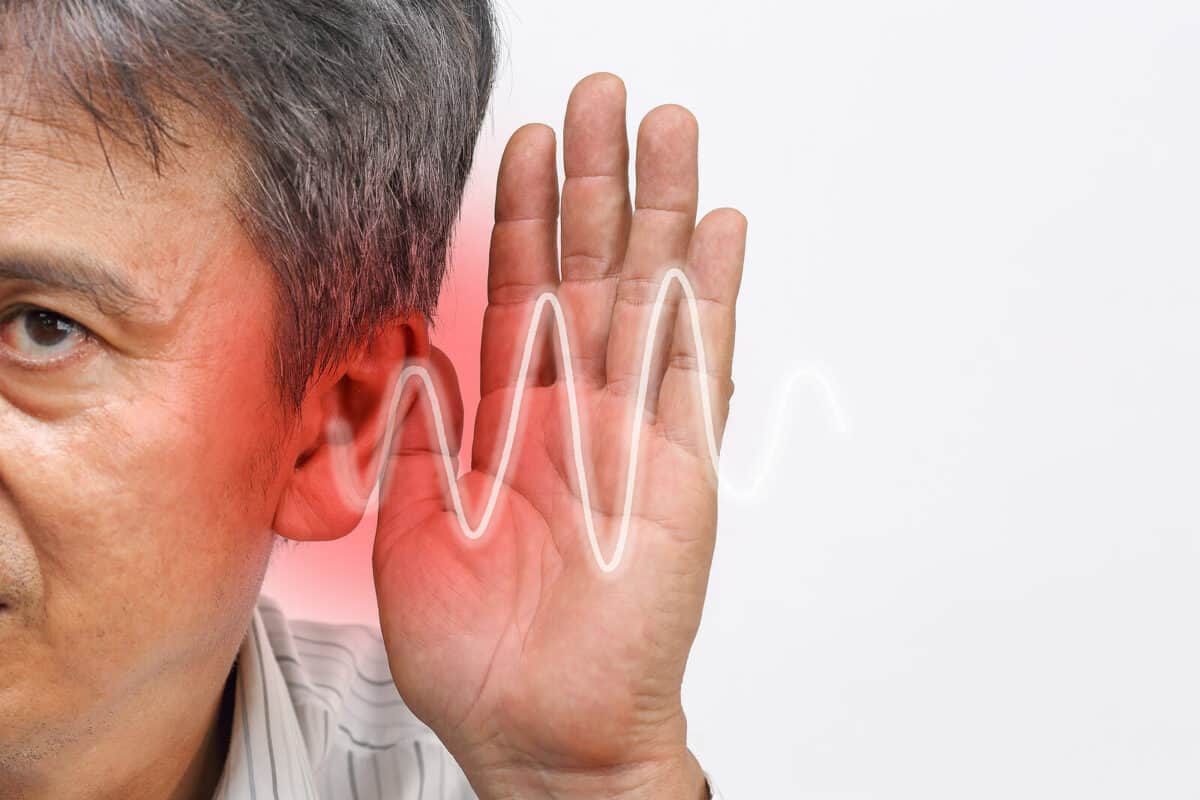
Ensuring that Age-Related Hearing Loss is Treated
As we age, our bodies change, and we may begin to experience a range of health issues. Some of these issues are obvious, such as the aches and pains that come with arthritis or the wrinkles that appear on our skin. However, other issues may be more subtle, such as age-related hearing loss.
Age-related hearing loss is a common condition that affects many older adults. It is caused by a combination of factors, including the natural aging process, exposure to loud noises, and genetics. While age-related hearing loss may be a natural part of getting older, it can have a significant impact on our quality of life.
In this blog post, we will explore everything you need to know about age-related hearing loss, including its causes, symptoms, and treatment options. We will also discuss the importance of early diagnosis and encourage readers to seek help if they are experiencing hearing loss.
Causes of Age-Related Hearing Loss
Age-related hearing loss is a natural part of the aging process. As we age, the hair cells in our inner ear that are responsible for detecting sound begin to die off. Additionally, the blood supply to the ear may decrease, making it more difficult for the remaining hair cells to function properly.
Other factors that can contribute to age-related hearing loss include exposure to loud noises over time and the use of ototoxic medications. Ototoxic medications are drugs that can damage the hair cells in the inner ear and lead to hearing loss. Some examples of ototoxic medications include certain antibiotics, chemotherapy drugs, and pain relievers.
Symptoms of Age-Related Hearing Loss
The symptoms of age-related hearing loss can vary from person to person. Some people may experience mild hearing loss, while others may experience more severe hearing loss.
The most common symptoms of age-related hearing loss include difficulty hearing high-pitched sounds, trouble understanding speech, especially in noisy environments, needing to turn up the volume on electronic devices, and tinnitus, which is a ringing or buzzing sound in the ears.
Diagnosis of Age-Related Hearing Loss
If you suspect that you are experiencing age-related hearing loss, it is important to schedule an appointment with a hearing healthcare professional. They can perform a series of tests to determine the extent of your hearing loss and recommend appropriate treatment options.
Some of the tests that may be performed include audiometry, speech audiometry, and tympanometry. Audiometry is a test that measures your ability to hear different pitches and volumes of sound. Speech audiometry is a test that measures how well you can hear and understand speech. Tympanometry is a test that measures how well the eardrum is functioning.
Treatment Options for Age-Related Hearing Loss
There are several treatment options available for age-related hearing loss, depending on the severity of the hearing loss and the individual’s lifestyle and preferences.
One of the most common treatment options for age-related hearing loss is hearing aids. Hearing aids are small electronic devices that amplify sound and can be customized to meet an individual’s specific hearing needs. Cochlear implants may also be an option for individuals with severe hearing loss who do not benefit from hearing aids.
Prevention of Age-Related Hearing Loss
While age-related hearing loss is a natural part of the aging process and cannot be entirely prevented, there are steps that individuals can take to protect their hearing and delay the onset of age-related hearing loss.
One of the most important things individuals can do is to protect their ears from loud noises. This can include wearing earplugs or earmuffs in noisy environments or avoiding loud concerts or events. Additionally, it is essential to be mindful of the volume level when listening to music or other electronic devices.
Finally, regular hearing screenings can help identify hearing loss early on and allow for prompt treatment. It is recommended that adults over the age of 50 have their hearing tested every 2-3 years.
Coping with Age-Related Hearing Loss
Age-related hearing loss can have a significant emotional impact on individuals, leading to feelings of isolation, frustration, and embarrassment. However, there are strategies that individuals can use to cope with hearing loss and maintain their quality of life.
Seeking support from family and friends can be helpful in coping with age-related hearing loss. They can help ensure that you are included in conversations and provide emotional support when needed. Additionally, joining support groups or seeking counseling can be beneficial for individuals who are struggling with the emotional impact of hearing loss.
Communication strategies, such as using visual cues, speaking clearly and slowly, and reducing background noise, can also be helpful in improving communication and reducing frustration.
If you are experiencing symptoms of age-related hearing loss, do not hesitate to seek help. Our team of hearing healthcare professionals can perform a comprehensive evaluation and recommend appropriate treatment options based on your individual needs and preferences. Contact us today to schedule an appointment and take the first step toward improving your hearing health.
